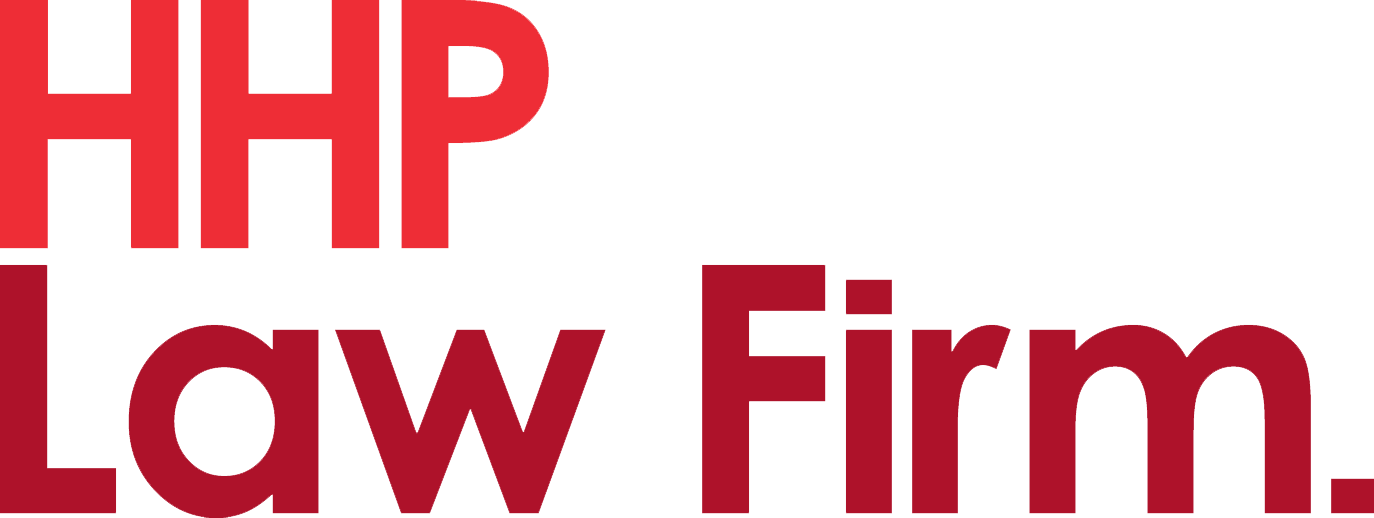Will it bring a new dynamic?
In brief
“In the spirit” of simplifying Indonesian regulatory frameworks, the Minister of Trade (MOT) recently issued MOT Regulation No. 18 of 2021 on Goods Prohibited from Being Imported and Exported (“Regulation 18“) to further implement Government Regulation No. 29 of 2021 on the Organization of the Trade Sector.
Before the issuance of Regulation 18, the list of goods prohibited for export and import was scattered amongst various regulations, including (i) MOT Regulation No. 12 of 2020 on Goods Prohibited for Import, (ii) MOT Regulation 45 of 2019 on Goods Prohibited for Export, and (iii) Decree of the Minister of Industry and Trade No. 520/MPP/Kep/8/2003 on the Prohibition on Imports of Hazardous and Toxic Waste. Regulation 18 revokes all of these regulations.
What’s new?
Regulation 18 now prohibits the importation of 149 goods (previously only 116) and the exportation of 275 goods (previously only 39). The schedule of this alert lists the goods prohibited for export and import under Regulation 18.
Import
Regulation 18 introduces new categories of goods that are prohibited for import, namely, sugar, rice and hand tools. Although importers are prohibited from importing said goods, under certain circumstances goods that are prohibited for import may be re-imported after having been previously exported, subject to the provisions under the prevailing regulations.
Export
Regulation 18 also introduces new categories of goods that are prohibited for export, namely subsidized fertilizer, and metal remains and scrapings. Unlike the previous regulation, Regulation 18 sub-divides the mining goods category into (i) general goods; (ii) goods that are prohibited for export, which will come into force on 11 June 2023 and (iii) tin.
Applicability of prohibition and sanction
The prohibition applies to the (i) export of goods from the free-trade areas and free ports (KPBPB),(ii) import of goods from outside the customs area to KPBPB, (iii) export of goods from the exclusive economic zone to outside of the customs area, (iv)import of goods from outside the customs area to exclusive the economic zone, (v) export of goods from the bonded zone to outside the customs area and (vi) import of goods from outside the customs area to the bonded zone.
Anyone that fails to comply with the prohibitions will be subject to the sanctions set out under the prevailing laws and regulations. So it is important for business players to be familiar with the list of goods stipulated in Regulation 18.
Key takeaways
The issuance of Regulation 18 hopefully can start a new dynamic in the trade sector — to further simplify and unify the technical regulations on export and import, as most of the technical regulations on import or export are still regulated separately.
Click here to download the full alert.

***
This publication was issued by HHP Law Firm (Hadiputranto, Hadinoto & Partners), a member firm of Baker McKenzie International, a global law firm with member law firms around the world. In accordance with the common terminology used in professional service organizations, reference to a “partner” means a person who is a partner or equivalent in such a law firm. Similarly, reference to an “office” means an office of any such law firm. This may qualify as “Attorney Advertising” requiring notice in some jurisdictions. Prior results do not guarantee a similar outcome.”



